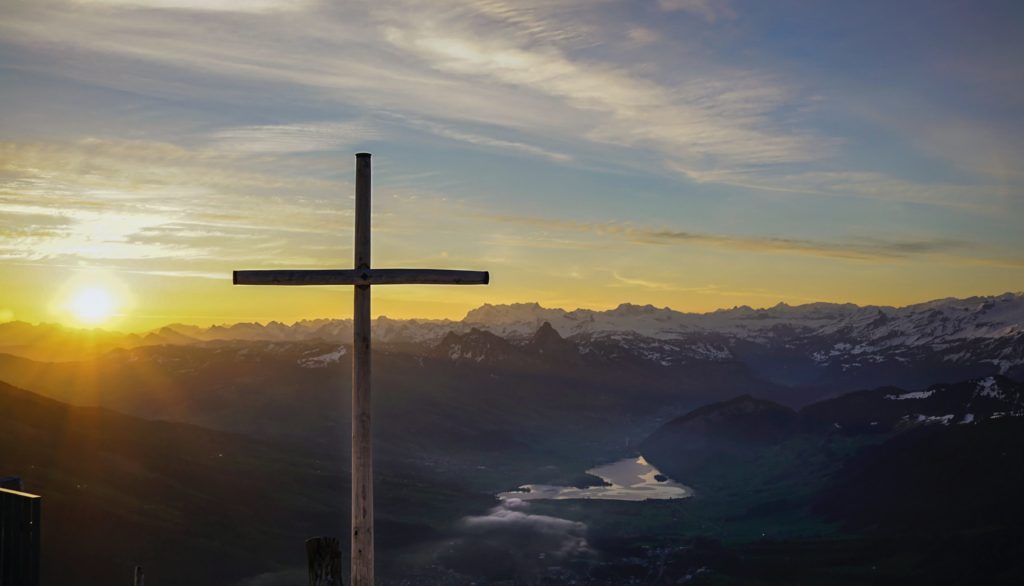









A former Chilean novice, she was a religion teacher in Chile for 22 years. She earned her degree at an institute attached to a Catholic university. However, she began a relationship with another woman. There were complaints from some parents and guardians, with the collection of signatures.
Start of the case
The bishop of the diocese of San Bernardo warned him that his decision was contrary to the duties of chastity and that if he continued in it he would be obliged to revoke his certificate of suitability, since he did not give "testimony of Christian life", which the Catholic Church expects and requires of teachers of that subject. He was repeatedly offered various forms of assistance, which he refused.
As there was no positive response, under Chilean civil legislation she was not granted a new certificate of suitability, so she could not continue teaching that subject in a municipal school. However, since then, she continued to work uninterruptedly in that establishment, and was even promoted to the management team, where she remains to this day, without any financial loss.
Support from the LGTB environment
A Chilean NGO dedicated to the promotion of the LGTB ideology began to advise her. This institution together with the Teachers' Association filed a constitutional protection appeal in the Court of Appeals, which was rejected by the three judges who studied it, considering that the appealed act was not illegal or arbitrary, a decision that was unanimously confirmed by the Supreme Court of Justice.
In 2008, the NGO took its case to the Inter-American Commission on Human Rights, which agreed with the NGO, stating that it has the right to teach Catholic religion classes, even against the objection of the Church, and that faith communities cannot require teachers to conduct themselves in a way that is faithful to their beliefs, even in private schools. The commission made several demands to the State of Chile, which accepted them, including revising the rule that allowed religious authorities of all faiths to issue a certificate attesting to the suitability of a teacher.
Parental rights
The case escalated and is now before the Inter-American Court of Human Rights, and a decision is expected in 2021. The verdict will determine whether Catholic, Jewish, Muslim, Evangelical or any other denomination of students may be taught their faith by religious educators who uphold their duty of fidelity to the convictions they voluntarily profess, and whether States will respect the right of parents to choose for their children to receive a religious education in accordance with their convictions.
The existing precedents suggest that the IACHR will give a verdict in favor of the NGO and against the State of Chile. It is perhaps the first time that a direct collision of rights can be provoked in an essential issue such as religious freedom. The Court did not accept the presentation of the Episcopal Conference of Chile to be part of the process, which will only be able to present briefs such as "....amicus curiae".
Equal conditions?
In short, religious freedom is at stake not only in Chile, but also in the other 22 Latin American countries subscribed to the so-called Pact of San José de Costa Rica, on which the Court depends. To aggravate the situation, the representatives of the Chilean State who were to act as parties in the trial were rejected by the Court for arriving after the deadline with their briefs, which makes the trial almost defenseless, since one of the parties cannot be legally heard on equal terms with the other.
Several international organizations have begun to gather support to safeguard religious freedom in the face of a possible adverse ruling, among them ADF International, (religiónlibre.org) based in the USA, which promotes the defense of fundamental freedoms and human dignity around the world, with representation before the UN, the OAS and the European OSCE.












